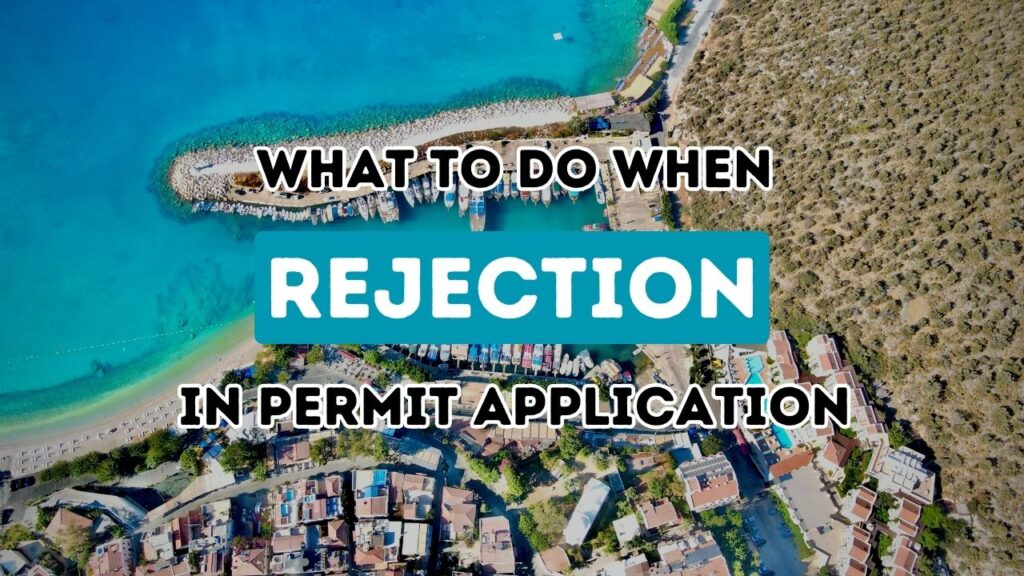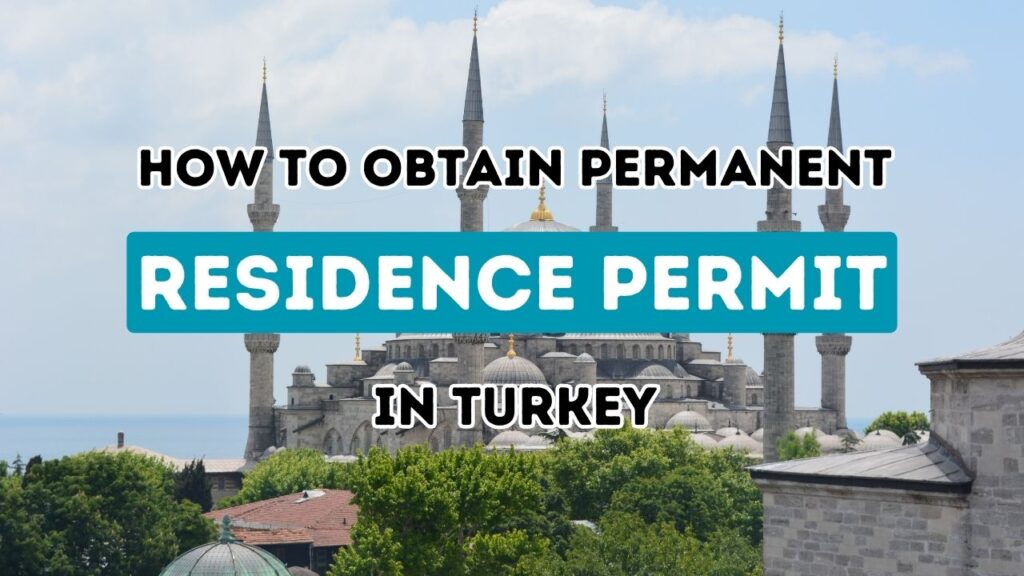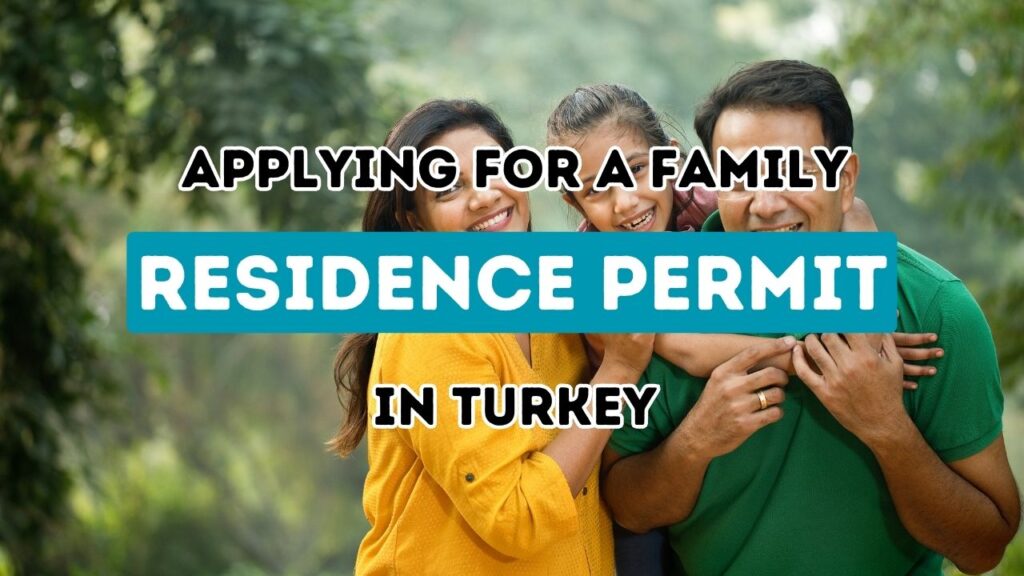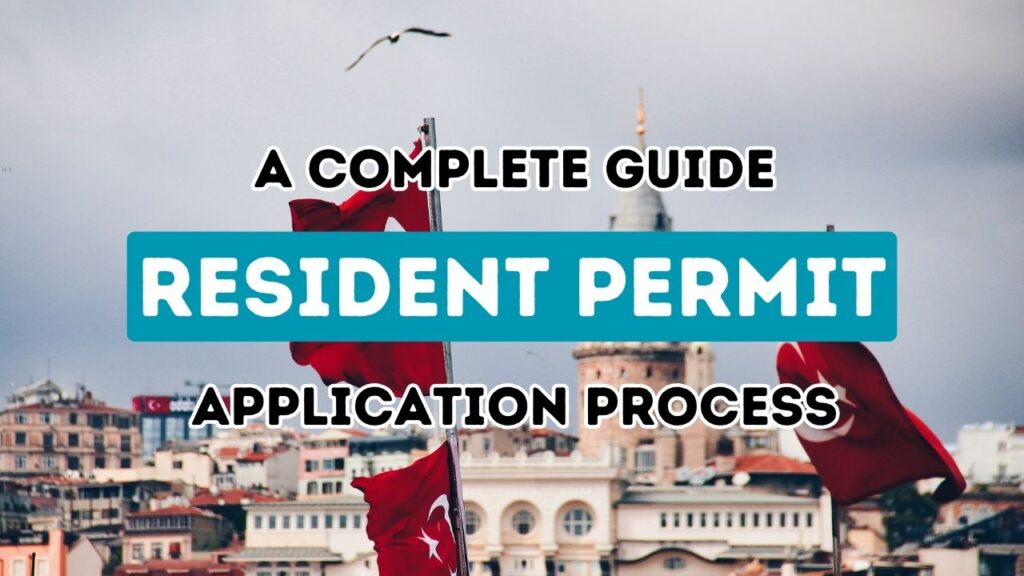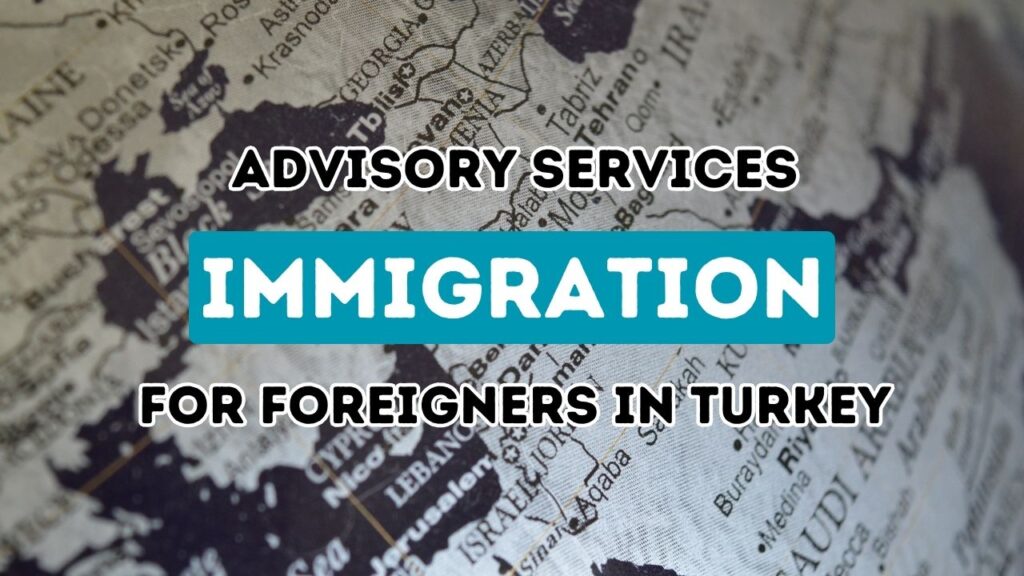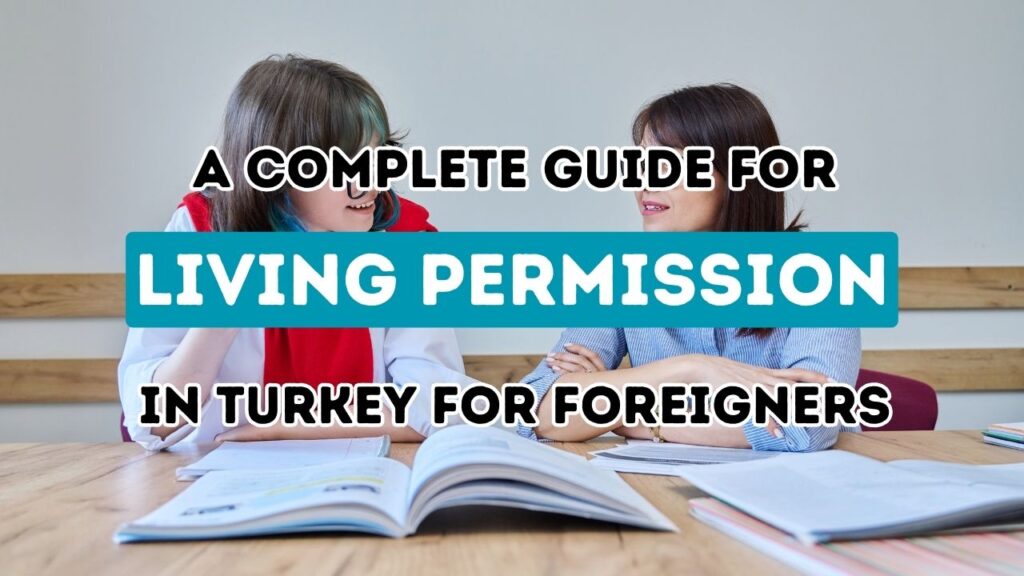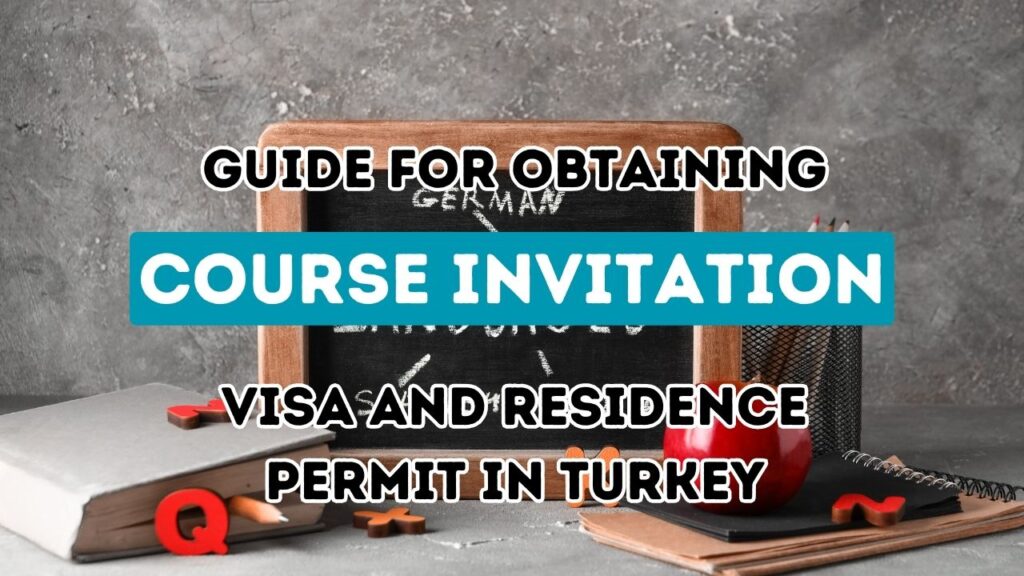Understanding the Reasons Behind the Denial of Your Turkish Residency Application
Navigating the intricacies of securing a Turkish Residence Permit includes understanding multiple stipulations and assembling a range of paperwork. Should your application for residence be denied, it’s crucial to grasp the underlying causes of such a refusal and be aware of the corrective measures at your disposal. This piece serves as a roadmap for effectively managing the denial of a Turkish Residence Permit application.
Application for Residential Permit Denial Document
Prior to making any moves, it’s imperative to grasp the particular justifications for the denial of your Turkish Residence Permit application. Upon refusal, the Turkish Directorate General of Migration Management dispatches a denial notice to you. It’s essential to visit the immigration authority to retrieve your Residence Permit Rejection Form. This document will elucidate the grounds for the denial and offer advice on potential subsequent steps. Diligently examine the denial notice to pinpoint the exact problem(s) that resulted in the denial of your application.
Deciphering the Motives Behind Denial
Typical grounds for application denial encompass: a. Deficient, erroneous, or counterfeit records b. The lack of adequate funds for sustenance during your time in Turkey c. Health hazards or past criminal offenses d. Breaching Turkey’s migration policies, for instance, requesting extension post-visa expiry e. Matters pertaining to national safety or civic harmony f. Seeking residency in an area not designated for permits g. Initial requests for a touristic residency authorization (Basis of Rejection Article 32)
Apply Anew or Challenge the Outcome
Upon rectifying the problems that led to the denial of your Turkish Residence Permit application, you are presented with three pathways:
a. Lodge a fresh application after half a year: You are barred from reapplying for the same category of residence permit for a six-month period following a rejection. Hence, it’s essential to assemble an updated application, ensuring that you’ve remedied the issues previously identified, and proceed to submit it in accordance with the usual application protocols.
b. Challenge the rejection: Should you surmise the refusal to be unwarranted, you hold the right to contest within a 30-day window from the date the denial notice was issued. Contesting requires legal assistance; you must engage an attorney to help you present your case to the judicial system, furnish evidence to back your case, and petition for a fresh evaluation. Be mindful that the appeal might span months, lacks assurance of altering the original verdict, and does not authorize your continued stay in Turkey while in process.
c. Consider alternative permit possibilities: In instances where your application hits a dead end and the refusal reasons are non-negotiable, scouting for alternative visa or permit avenues becomes necessary. Tailoring to your specific situation and ambitions, you might find yourself eligible for distinct permits, encompassing those for employment, academics, property ownership, participation in a Turkish language course, or business endeavors.
Seek advice from an immigration lawyer.
Should you find yourself perplexed by the factors that caused your Turkish Residence Permit to be denied, or if you seek expert help with the appeals process, engaging with an immigration lawyer might be your next strategic move. Such a professional can offer valuable insights into tackling the situation effectively and steer you through the intricacies of Turkey’s immigration framework.
Final Thoughts
Facing the disappointment of a Turkish Residence Permit denial isn’t the end of the road. Keep in mind, various pathways are still open for you to explore. Comprehend the grounds of the refusal, contest the verdict, submit a new application with the necessary corrections, or consider alternate visa possibilities to realize your aspiration to live in Turkey. For guidance through the application or appeal process, don’t shy away from consulting with experts.

